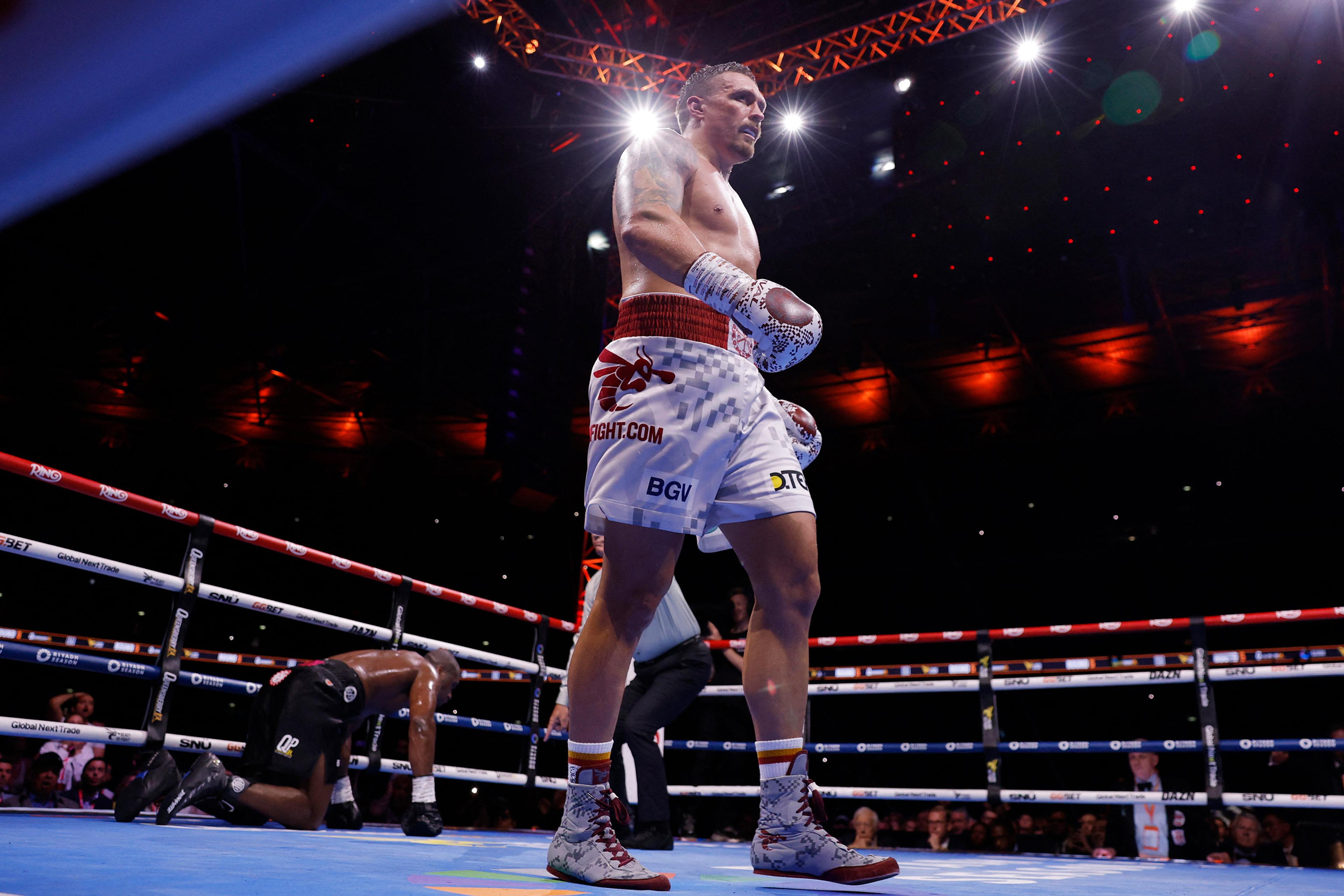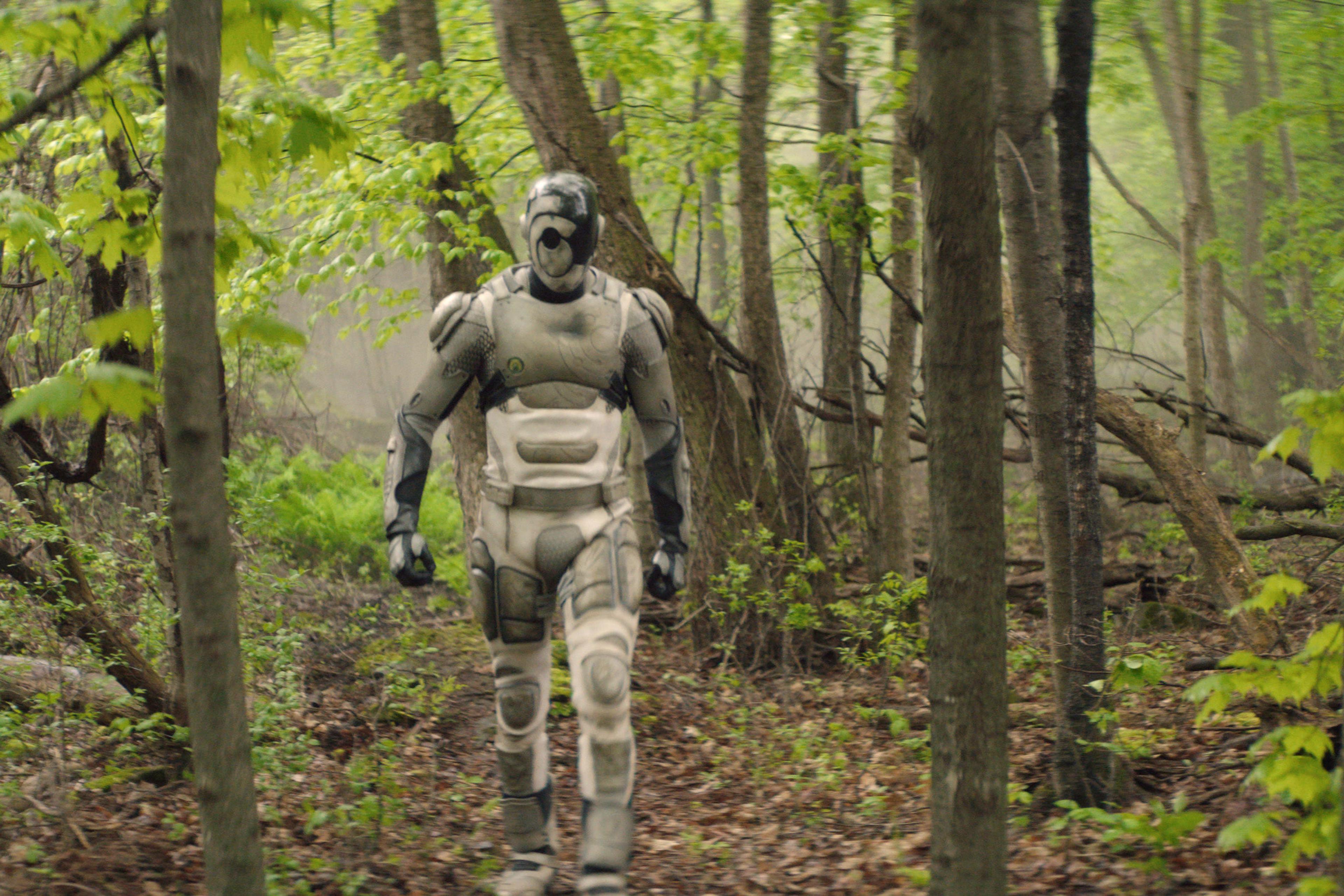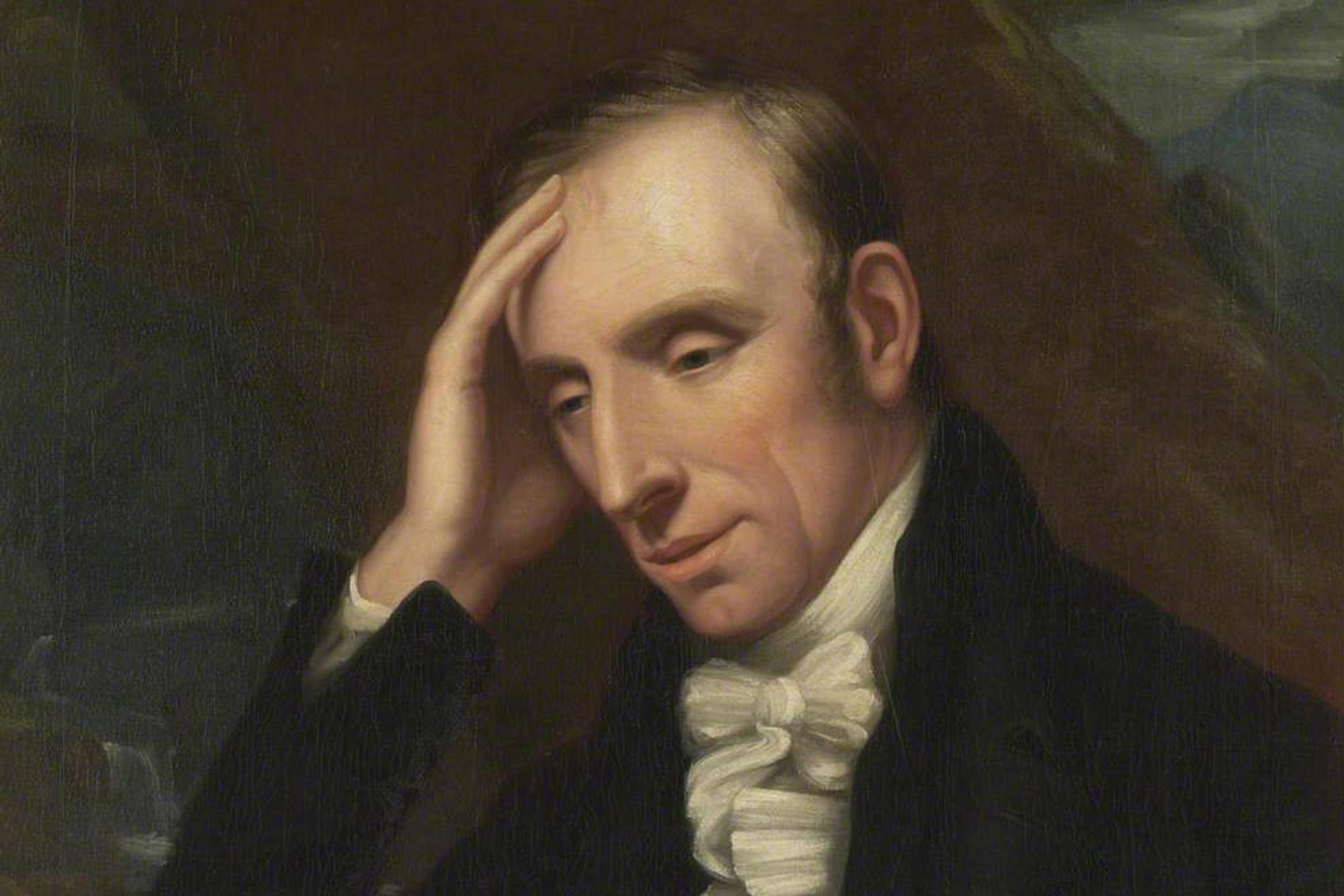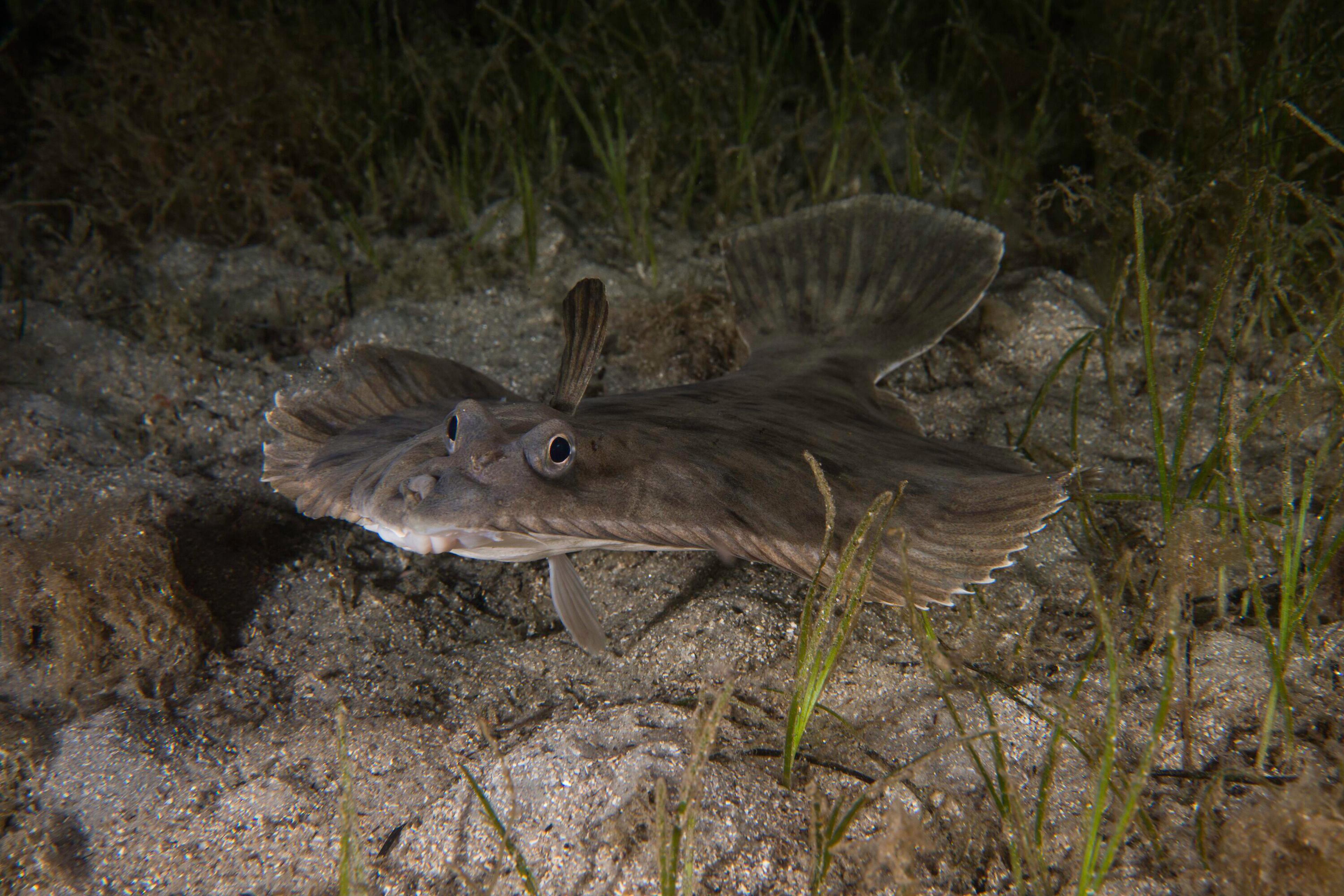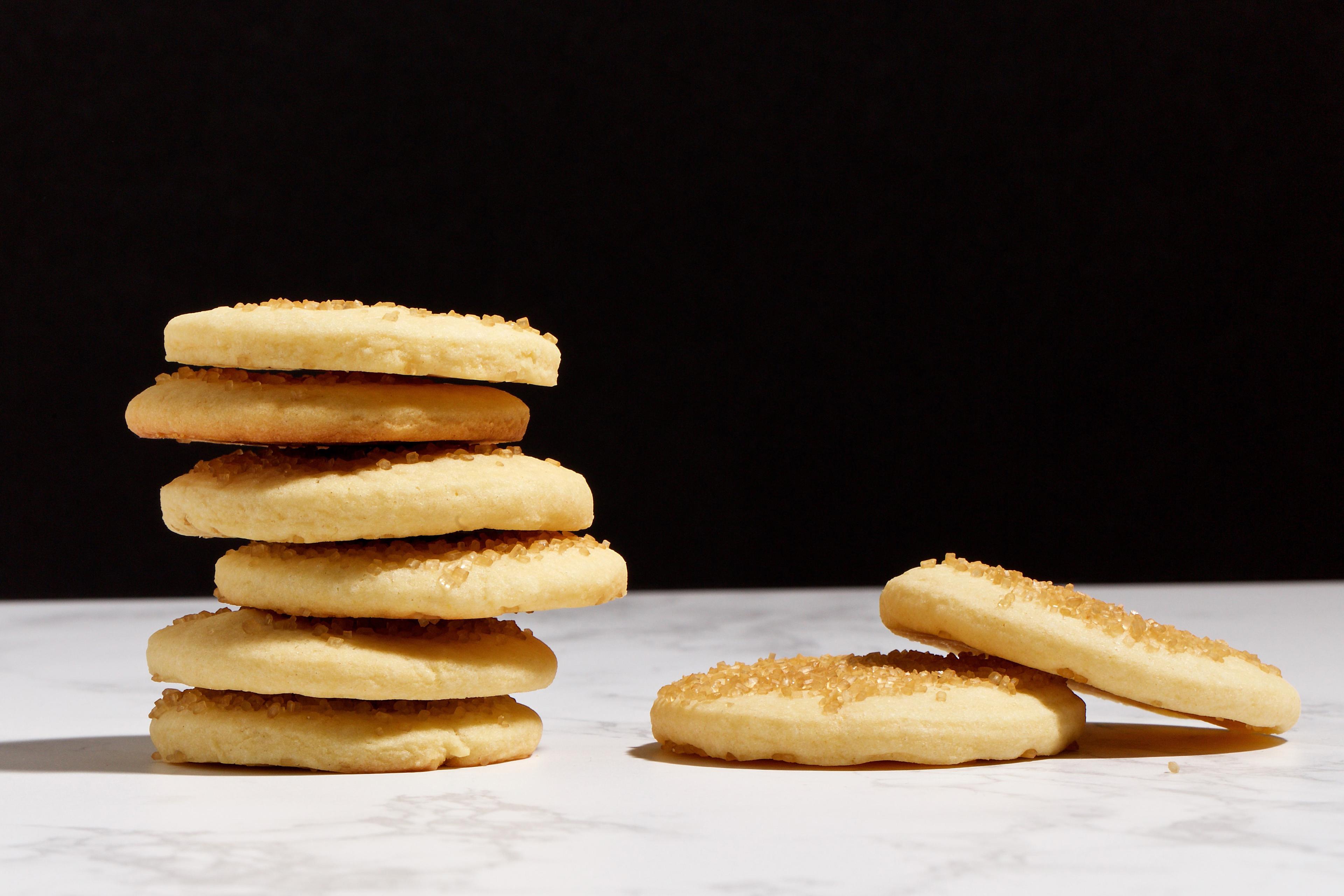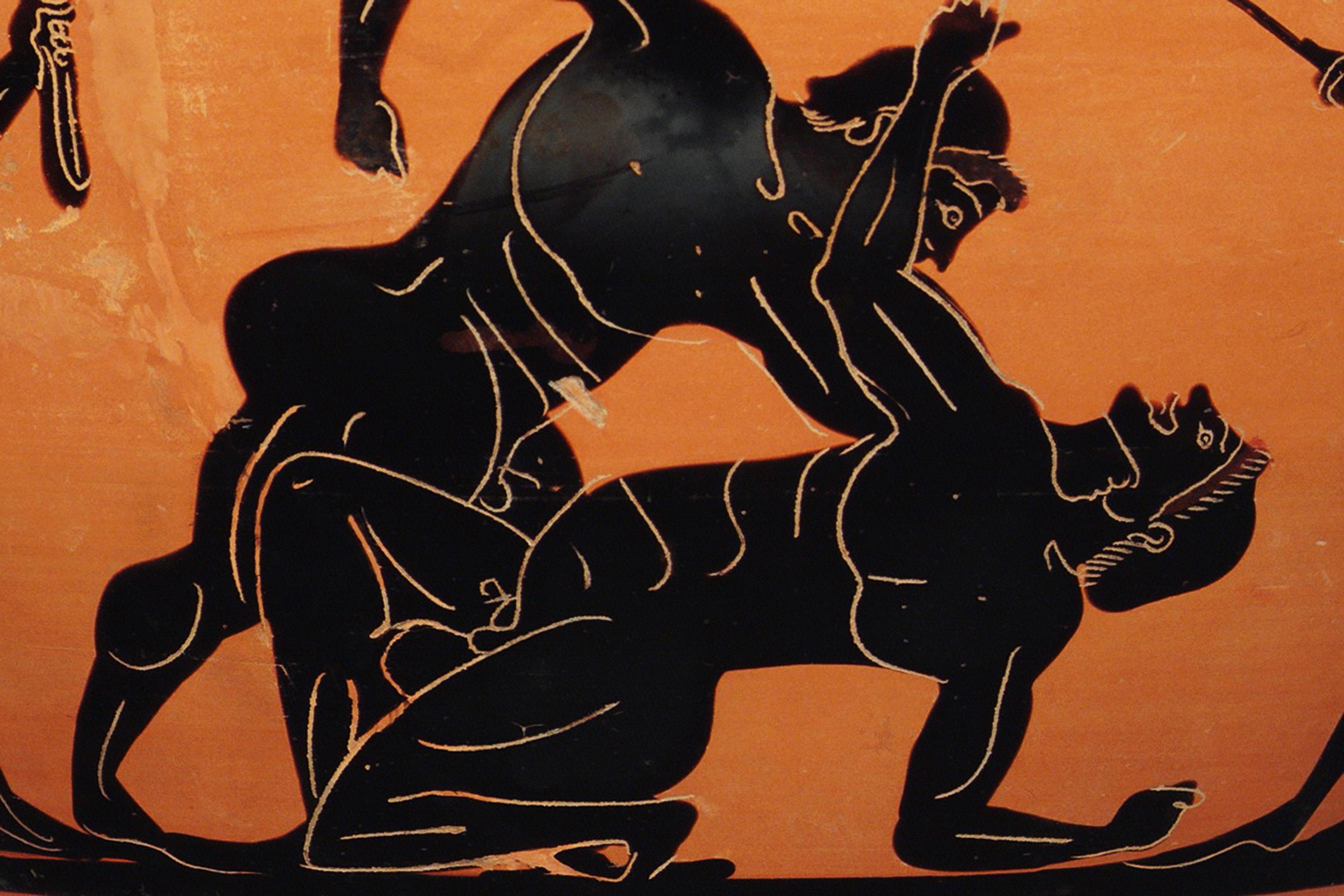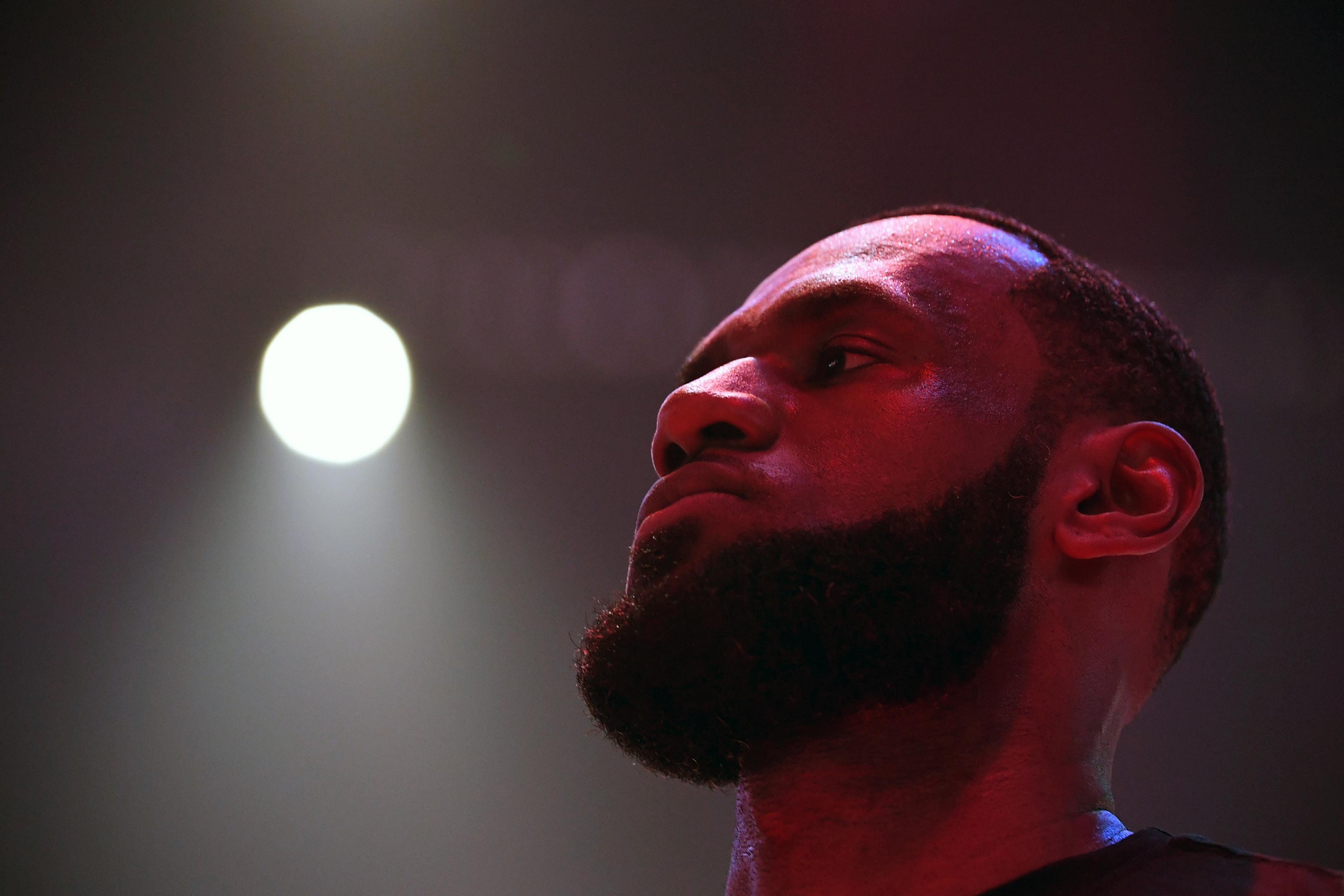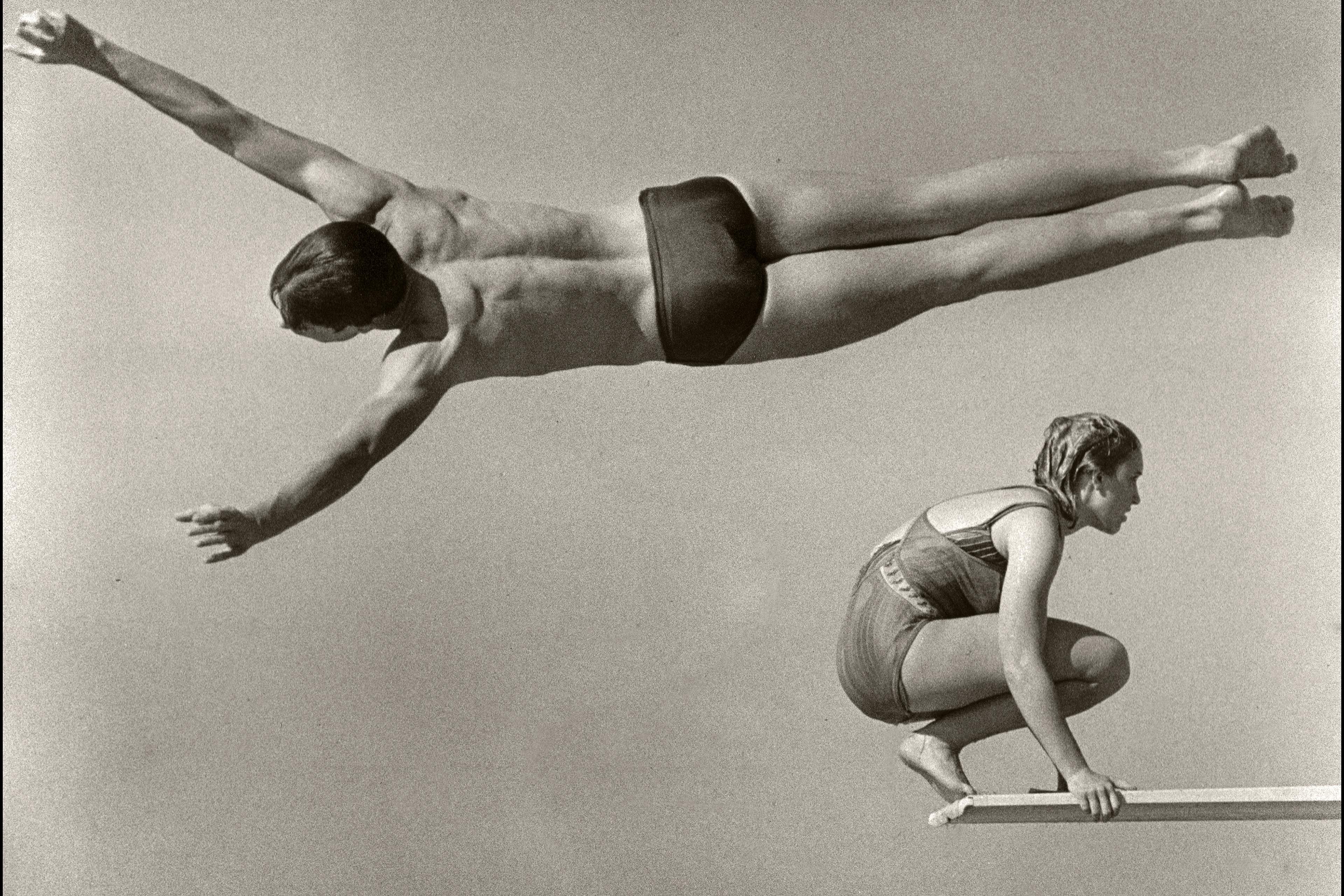In July this year, the Ukrainian boxer Oleksandr Usyk, aged 38, became the undisputed heavyweight champion of the world – for the second time! Combined with his 2018 undisputed cruiserweight title, this collection of accolades across weight classes is unprecedented in boxing history. His latest success led some commentators to compare him with legends such as Mohammed Ali, and prompted one journalist to ask him how on earth he stays motivated given all that he has achieved.
‘I don’t have motivation,’ Usyk said, ‘I have discipline.’ He went on to explain that motivation is temporary – you have it one day, but not the next. In fact, when he wakes up for training, he never has motivation, only discipline. ‘Motivation is good,’ he said, ‘but discipline is better.’
Usyk was stating succinctly something for which psychologists have long been gathering evidence. Whether it’s training for a sport, pursuing excellence at work, or seeking a healthier lifestyle, desire takes you only so far. That’s why we need to use devices grounded in discipline to support us, so that we don’t think about it, we just do it. What is discipline? It’s ‘related to high conscientiousness’, the sports psychologist Noel Brick tells me, ‘including being organised in our daily activities, an ability to control impulses … or completing activities out of a sense of duty.’ Approaches based on habit formation or implementation intentions ensure that we persist, almost as if on autopilot, regardless of our unreliable motivation levels.
Usyk’s comments reminded me of our Psyche Idea on another important distinction – between goals and commitments. Motivation might help you set your goals. But to get there will take discipline-based commitments. As Justin Kompf explained, ‘a goal is something that you want to do. A commitment supports that goal and is something you have to do.’
